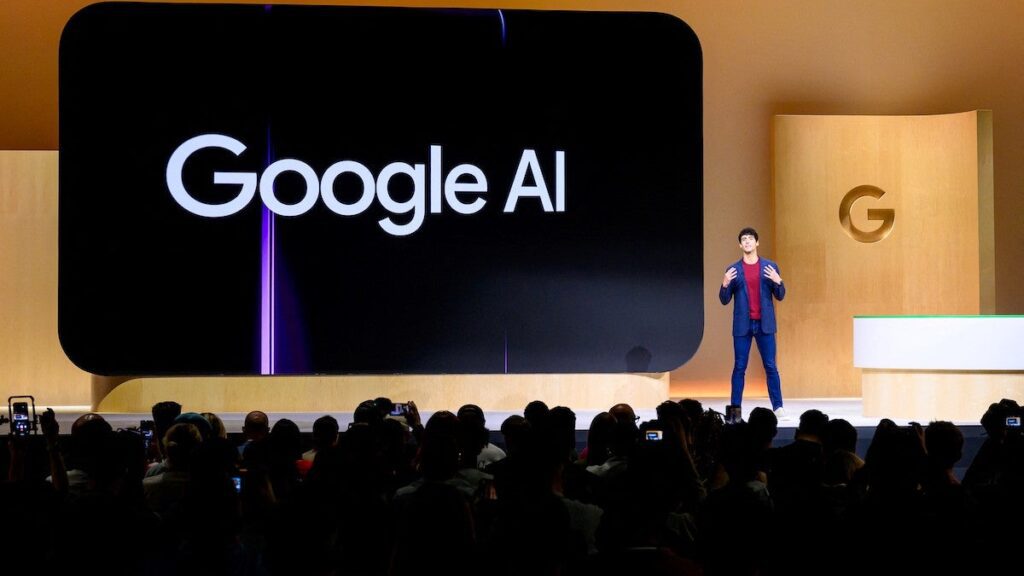Google’s Shift in AI Policies: A Move Toward Controversial Applications
In a surprising turn of events, Google has reversed its earlier promise not to employ artificial intelligence (AI) in weaponry and surveillance, as reported by The Washington Post on Tuesday. The company’s AI principles, initially established in 2018, have quietly deleted the list of applications it vowed to avoid, igniting concerns among tech ethics advocates and employees alike.
What Changed?
As of January 30, the guidelines clearly forbade engagement in areas such as weaponry, surveillance, technologies that have the potential to harm, and uses that would violate international law and human rights. However, this list has vanished from the updated AI protocols, leading many to question the company’s commitment to its stated ethical standards.
When approached for commentary, a Google spokesperson pointed to a blog post authored by Demis Hassabis, Google’s head of AI, and James Manyika, Senior Vice President for Technology and Society. In their post, they emphasized a commitment to transparency and collaboration, stating, “We believe democracies should lead in AI development, guided by core values like freedom, equality, and respect for human rights.”
The Implications of the Shift
Google’s adjusted AI policies assert that human oversight will now ensure the application of its technology adheres to widely accepted international laws and human rights. While this sounds reassuring, many are left questioning the potential ramifications of such technologies falling into the wrong hands or being used in ways contrary to the initial intent.
This shift marks a significant departure from the company’s history, which includes the public backlash it faced over a Pentagon contract that utilized its computer vision algorithms for drone surveillance. Back in 2018, thousands of employees banded together to voice their opposition, asserting, “We believe that Google should not be in the business of war.”
Employee Sentiment
Given the earlier uproar among employees, this recent change is likely to reignite distress within the workforce. Workers who once pushed back against the militarization of technology now face uncertainty about how their innovations could potentially be used in military operations or invasive surveillance.
A Broader Perspective
The evolution of AI technologies continues to spark a heated debate around ethics, security, and civil liberties. While the theoretical benefits of AI applications in national security and public safety can be tempting, the risks associated with misuse are profound. The narrative isn’t just about whether AI should be used for military purposes but also centers on how these decisions align with our collective values as a society.
Conclusion
As we move forward into an era of significant technological advancements, it’s crucial for both companies like Google and the public to remain vigilant. Continuous dialogue on the ethical implications of AI is essential. Transparency and respect for human rights must remain at the forefront as we navigate these uncharted waters.
The AI Buzz Hub team is excited to see where these breakthroughs take us. Want to stay in the loop on all things AI? Subscribe to our newsletter or share this article with your fellow enthusiasts.




